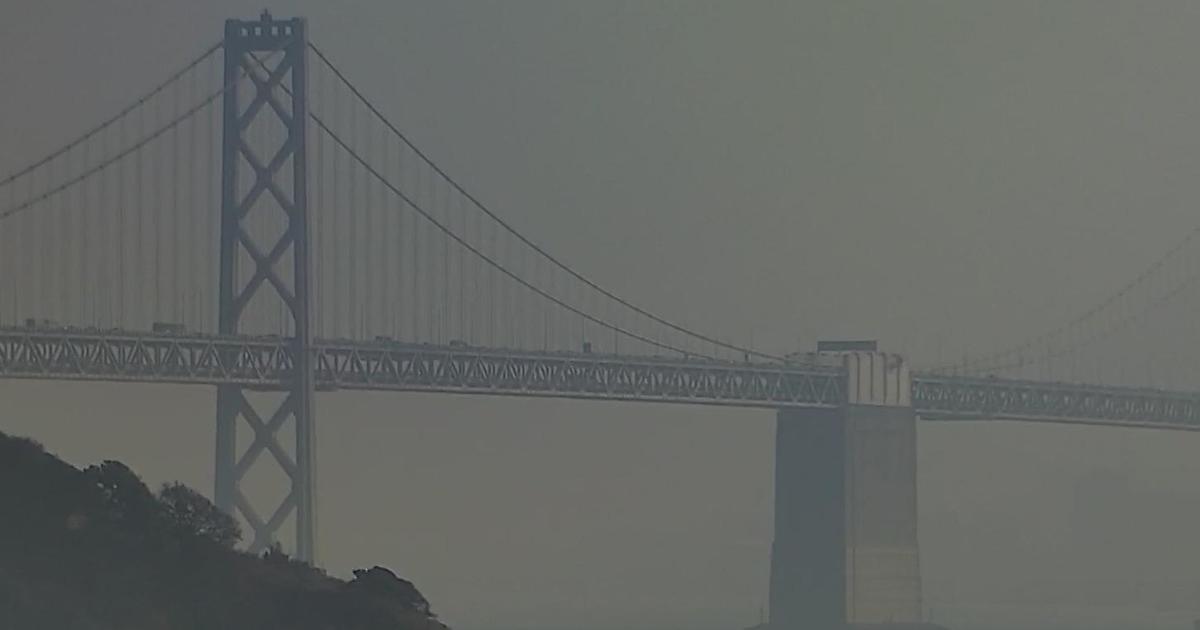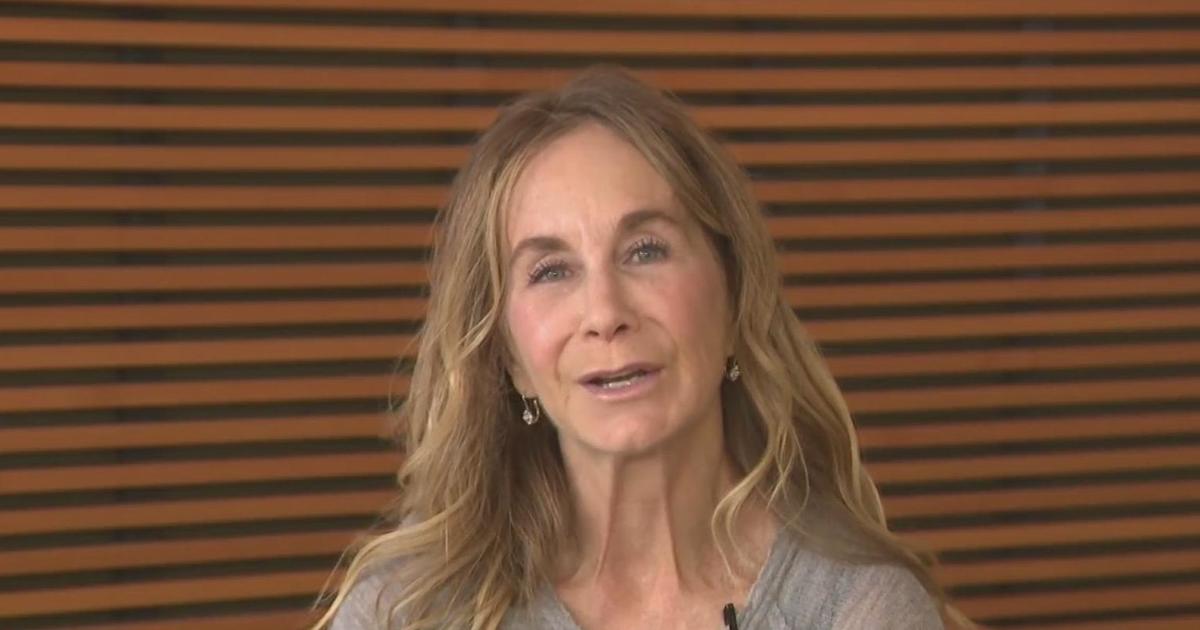Warm, wet winter may usher in longer allergy season
Experts are predicting strong El Niño conditions this winter with heavier rains and warmer temperatures. Those factors combined with the rising carbon dioxide levels causing climate change could actually worsen allergies and asthma.
However, there are things people can do to alleviate their allergy and asthma symptoms.
Acarya Lall loves the great outdoors, but not so much during allergy season.
"I've pretty much had allergies my whole life. And the symptoms? They have pretty wide range: you know stuffy noses, itchy mouths, and just like constantly sneezing all the time," explained the high school senior.
But recently, Lall has noticed a perplexing change about his seasonal allergies.
"Back then, it was more seasonal based. Especially during the spring it, was higher," Lall said. "And during the wintertime I barely had any allergies at all. But during the last couple of years, that's definitely changed. I've had the intense type of allergies all year around. Like there's no break."
His mother Shivani Puri has noticed the change as well.
"I don't think there's a season anymore. It's just continuous. It seems like it has progressively gotten worse over the years. It does impact his day-to-day functioning, because he wakes up all congested. He'll be sneezing for the first 40 minutes. And it continues throughout the day," Puri noted.
Lall's experience is far from unique. Research shows seasonal allergies are lasting longer and turning more intense.
CBS NEWS Bay Area turned to Stanford Medicine's Sean Parker Center for Allergy and Asthma Research for some perspective and Dr. Sharon Chinthrajah had some answers as to why this is happening.
"Climate change is what's happening," remarked Dr. Chinthrajah.
As a pulmonologist and allergist, Chinthrajah is concerned about the warming planet.
"This is what's causing adverse health effects for humans," she noted.
In a recent study, Stanford researchers discovered how the Bay Area's pollen and mold season has lengthened by 8 to 9 weeks.
"We saw longer durations of pollen seasons because of rising temperatures," said the allergy specialist.
In fact, according to the Copernicus Climate Change Service, 2023 will likely be the hottest year ever recorded.
In addition, according to NOAA, the amount of carbon dioxide in the atmosphere is at an all-time high.
Dr. Chinthrajah connected the dots to explain the excess pollen.
"We have higher temperatures because of increased greenhouse gases. One of those gases is carbon dioxide, and carbon dioxide is what plants use for photosynthesis. And as there's more carbon dioxide around, plants are using this in addition to warm climates to produce more plants and more pollen," remarked the specialist.
In addition to higher pollen and mold counts, another phenomenon may be in store. Climate change has boosted the chances of severe thunderstorms, and that increase the possibility of what's called "thunderstorm asthma."
Thunderstorms create a unique set of weather factors, that can break up pollen and mold spores into tiny fragments. These particles are then easier to inhale and lodge into the lower part of the lungs and exacerbate asthma.
"That's been well documented in Australia, this thunderstorm asthma effect, as well as in other parts of the U.S. where we've had thunderstorms because of extreme weather," explained Chinthrajah.
So as we prepare for a warmer, wetter winter, there are some steps you can take to reduce your risk of severe allergies. Some hay fever seasons may begin as early as January because of the warmer temperatures.
"Minimize your exposure to allergens in mindful ways and to really keep proper medications on hand, "said Chinthrajah.
The American Public Health Association also published a good tip sheet for those suffering from allergies and asthma.
As for Lall, he told CBS News Bay Area that for his generation and those to come will do all they can to fight climate change. That includes reducing each individual's carbon footprint.
"We have more incentive to try to change it because we know it affects our future," Lall said.



